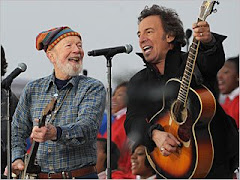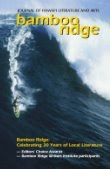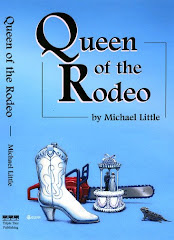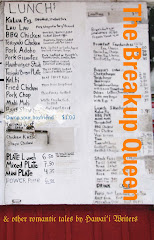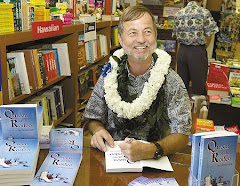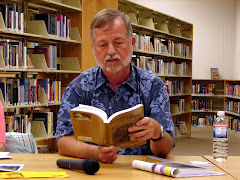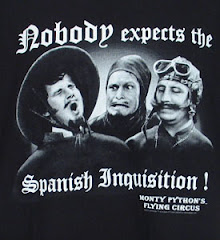I know that some writers agonize over naming their characters. It’s right up there with having to write a synopsis or outline. But I love the name game. It’s an important exercise, not to be taken too lightly, but it’s still a game.
Just think, you’re in great company. Shakespeare had to name all those characters. He didn’t give us Romeo and Debbie. Lewis Carroll (Charles Lutwidge Dodgson’s nom de plume) didn’t give us Debbie in Wonderland. Just for the record, I have absolutely nothing against the name Debbie. In fact, I just named my latest character Debbie, a woman who is admirable in every way, including being the patron saint of recycling in my current short story.
So here I am playing the name game again, for characters who will live for only a few pages, barring their reappearance in other stories. In addition to the estimable Debbie, there’s also a Rick and a Noelle and a Brad and a Jennifer (not that Brad and not that Jennifer, although I do often find names, and crises, on the magazine covers in the checkout line). There’s another character who keeps popping up in the story and who may eventually need a name. For now I call him Surfer Dude, as do the other characters.
Part of the fun in playing the name game derives from using names of those we know (in “real life”). Lewis Carroll, of course, named his immortal Alice after a young friend who was his favorite. My Noelle character shares her name with a friend of mine; both Noelles are bright, cheerful, and confident. Rick, on the other hand, is the name of the Bogart character in Casablanca, so I’ve always liked the name. Rick is married to Debbie and they are both from Southern California. They have All-American names. Don’t tell me they are not ethnic; they’re Southern Californians! Brad and Jennifer, in my story, have just split up, as art once again imitates the magazines in the checkout line.
Have you ever used your own name for a character? I try to avoid it, and I don’t see it much, if at all, in other writers. I’ll leave it to you, and the psychologists, to analyze that one. I only know that I run from the subject.
I think of myself as Michael, but I once named a minor character Mike, who was the distant boyfriend of an Annie, who worked in a gallery in Seattle. In this unfinished novel I placed Mike in Alaska, in the ‘70s, working on the pipeline, and planned to either kill him off or, more likely, have him run off with another woman. He’s not me, but I did put a lot of myself into the protagonist Daniel in that story. I believe that’s a common practice for writers.
Some names, as soon as they occur to us, are just right and we know it. In “Speedy Delivery,” the romantic local mailman is Russell. The blonde heroine of my novel Queen of the Rodeo was, before I wrote a sentence of it, named Donna. The original Donna was a former girlfriend in Seattle who was (a) blonde, (b) romantic, and (c) heroic, although she never claimed to be a rodeo queen. In “Keeping an Eye on Lucy,” the title character is an expensive doll who resides in the adult section of a video store. The name Lucy alludes to a similar character in the film Clockwork Orange. My doll character had to be a Lucy.
We all enjoy overhearing bits of conversation from strangers as well as friends, as we shop for names and story ideas. I always read nametags, especially those of waitresses. I stole the name Danette from a waitress at Big Island Steak House and gave it to a small town Texas girl in Queen of the Rodeo. I also get a kick out of naming waitresses after friends, including Jackie and Carlotta in “How Jackie Got Her Oil Changed.”
Sometimes a nickname works better than a given name, which I learned while writing a short story called “Mushroom Girl.” Here’s the opening of that story:
Mushroom Girl used to have a real name. Her friends stopped using it, however, after the traumatic mushroom incident, and the rumble with Tomato Girl, and the timely meeting with a handsome carnivore.We never do learn Mushroom Girl’s real name. The handsome carnivore turned out to be T-Bone Man, of course. This story was inspired by a friend’s experience as a vegetable. My friend is named Meredith, but I call her Mushroom Girl, and in my mind I always see her wearing the mushroom costume.
Thank you, Mushroom Girl, and Danette, and Lucy, and Donna, and Jackie, and Carlotta, and Russell, and Noelle, and Brad, and Jennifer, and Surfer Dude, and Rick, and Debbie. Thank you for playing our game.



